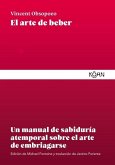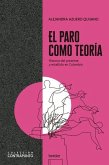
17,99 €
Versandfertig in über 4 Wochen
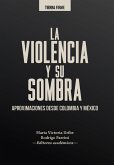
10,99 €
inkl. MwSt. und vom Verlag festgesetzt.
Sofort per Download lieferbar
Ähnliche Artikel
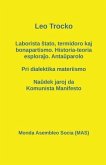
10,99 €
Versandfertig in über 4 Wochen
Broschiertes Buch
20. Mai 2017
Monda Asembleo Socia
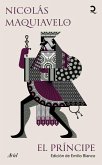
16,99 €
Versandfertig in über 4 Wochen

26,99 €
Versandfertig in über 4 Wochen
Broschiertes Buch
20. Januar 2020
Touchladybirdlucky Studios

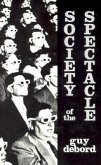
11,99 €
Versandfertig in über 4 Wochen
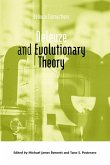

16,99 €
Versandfertig in über 4 Wochen

15,99 €
Versandfertig in über 4 Wochen
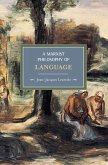
Ähnlichkeitssuche: Fact®Finder von OMIKRON

